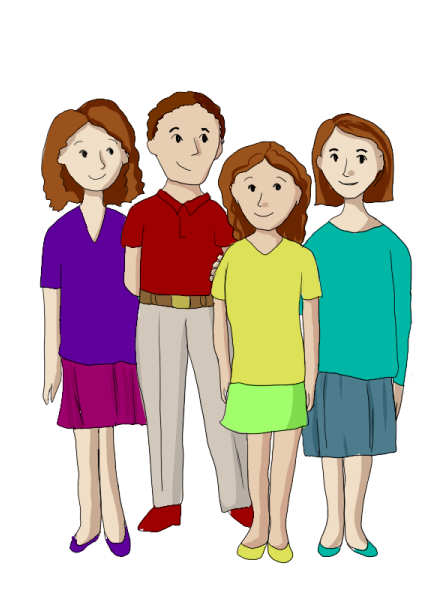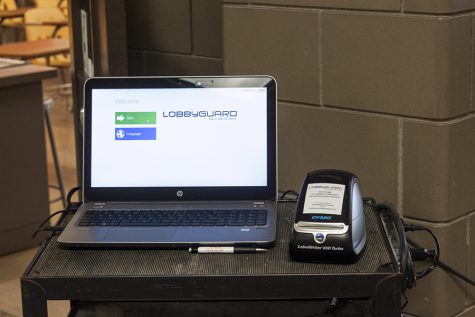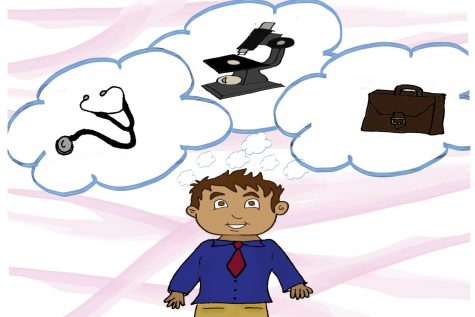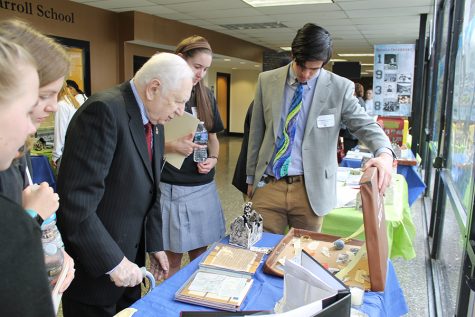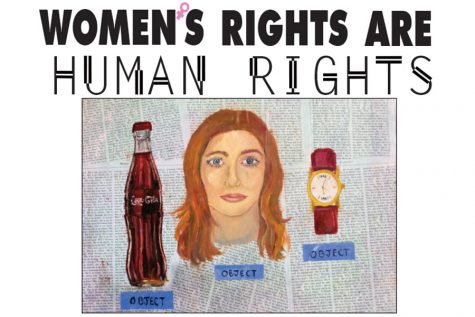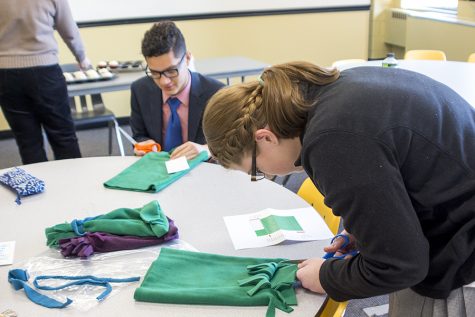Multiple parents spark multiple problems
Trying to figure out Punnett squares in Biology class is hard enough, since there is only two parents contributing their genetic information, but with advances in science, the possibility for having three parents has come into play, and difficult Punnett squares are far from the most significant outcome.
Not all scientific advances are positive. While it is completely understandable and respected that people are working towards helping others who cannot conceive children, it is necessary to take a step back and look at the implications it may have on society. Science generally advances society, but people must consider if the advances are taking society in the direction it wants to go.
According to an article on Mail Daily, during a series of studies led by Professor Jacques Cohen in the U.S., two babies were born that, through genetic fingerprint tests, were found to contain DNA from three different adults, one man and two women. The women chosen in the study were infertile due to defects in the mitochondria in their eggs. Mitochondria, the powerhouses of cells, contain genetic material, and when researchers took eggs from donors, they took material including healthy mitochondria and injected it into the eggs from the original infertile women.
Because the mitochondria has genetic material, just like the original egg and the sperm, there are three different sets of genetic material that influence the genetic makeup of the babies. The repercussions of such a method could be extremely damaging biologically and socially.
Biologically, the fear is that practicing such a method will lead to altering the human “germline,” or genetic lineage, or the basic makeup of the human species. These genes can now be passed down by these babies as adults to their children and their germline will be altered. Changes in human genetics may lead to many new genetic diseases and problems in the future. Such a method may enable unknown health consequences to arise.
However, the largest concern of the genetically modified children is that it will lead to more genetically modified children and even “designer” babies. Many people fear the social consequences and the ethical problems of genetically modified people. A method like this is seen as radical and a gateway to selecting specific genetic traits for children to have. People should not be able to pick and choose what their children will look like or how intelligent or athletic they will be. This idea is dangerous because it could signal the start of adding genetic information from outside of the original parents.
In addition to the large societal concerns, there are a few smaller, but distinct questions that this study raises. Primarily, what do you mean we can have three parents?
If parental guardianship is determined based on genetics, do these children have three parental guardians with equal guardianship? To take this a step even further, what would happen if a child with three genetic parents was adopted? This child would realistically have five parents, three birth parents and two adoptive parents. Can you imagine how confusing that would be to a child?
Since mothers who cannot conceive can simply use donor eggs or in vitro fertilization, genetically modifying children to have three sets of DNA is an unnecessary and damaging risk.The scientific advances are admirable, but naive and reckless. Researchers should dedicate more time to curing the genetic diseases and problems that already exist.
Hope Kelly is the Editor in Chief for The Patriot and jcpatriot.com.



